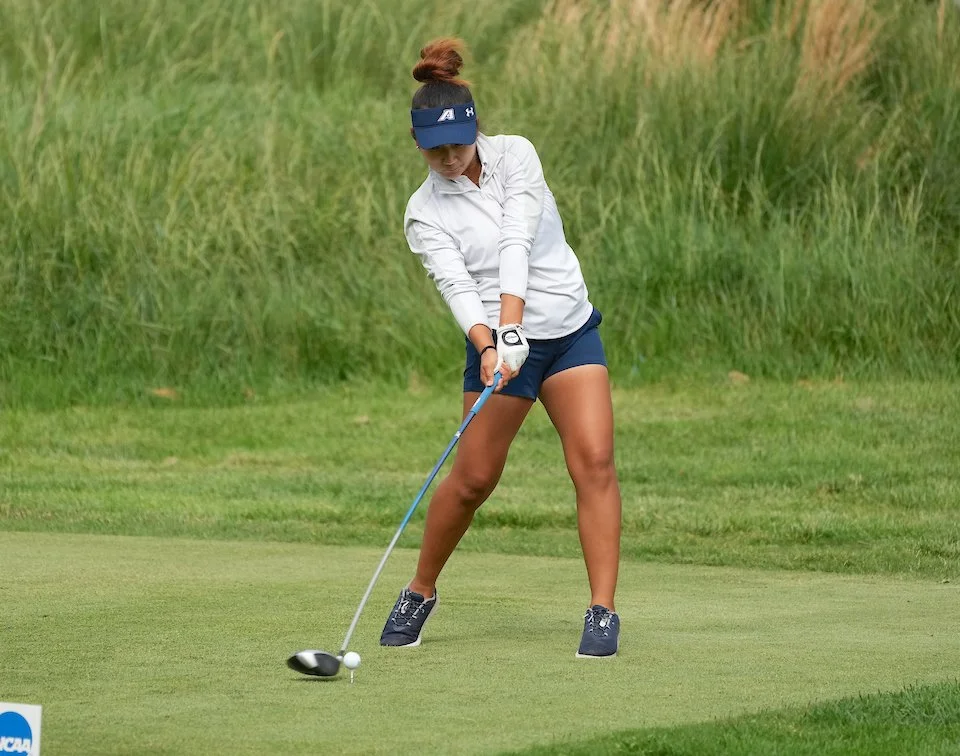AU alumnus, mayoral candidate Johnson aims to ‘bring a sense of trust’ if elected
Mayoral candidate Lucas Johnson said he hopes to bring honesty, transparency and accountability to city government if elected. (photo provided by Lucas Johnson)
By Rakiyah Lenon | Co-editor in chief
Augusta native and Augusta University alumnus Lucas Johnson is one of nine candidates running to be the next mayor of Augusta.
Johnson graduated from AU with a degree in business administration in 2017.
“Being able to get a valuable and a very good education close to home—it really sealed the deal so to speak,” he said of his college days.
Johnson said that his education has contributed to helping him be able to solve issues that arise.
“It has given me a way to think critically about various situations,” he said.
Johnson said that his family is important to him. He is a father of a 2-year-old son and said that his wife is an AU alumna. He said that he cares about the town he grew up in.
“Having deep roots here makes a big difference,” he said. “I love this town. I want to make it a better place for my family and yours to live in.”
Johnson said that if elected, he plans to focus on creating a local government that is transparent.
“If elected, I aim to bring a sense of trust back to city government,” he said. “I aim to bring three traits to all corners of city government and those traits are honesty, transparency and accountability.”
He said that if elected, he would create a comprehensive report to know what is being done in the city a limit excess spending.
“I would like to create a comprehensive report of each department to see what we’re doing well, what we’re not doing well and what we can do to fix it.” Johnson said. “I would also like to eliminate any excess expenditures.”
He said that funding should go to the most neglected areas of the city.
Johnson said that he wants local businesses to know that they can rely on the city.
“The city does care about them, but we cannot help the businesses until we know what they need to flourish,” he said. “We’re here to listen and we’re here to help because we want the best for them as we want the best for us.
At 29, Johnson is one of the youngest candidates running this term.
William Hatcher, professor and department chair of social sciences at AU, said that business experience appears important among voters.
“Historically, Augusta votes are selected mayors who put forth a pro-business platform,” he said.
When it comes to patterns of how college students vote, Hatcher said there are two reasons.
“College students are less likely to participate in local elections, compared to other groups,” he said. “Many college students may not be registered to vote in the community where they attend college. Rather, they’re registered to vote in their home communities.”
Hatcher said that younger individuals typically vote less than the older population.
Although mayoral elections typically do not involve partisan stances, Hatcher said this could be an issue voters focus on, as well as issues of development.
“Augusta voters will be looking for political cues from the candidates about their party and policy preferences, and many voters will be focused on local businesses, downtown development, transportation and other issues typical of local elections,” he said. “Some deal breakers may involve issues that voters feel strongly about—either for or against.”
Gregory Murray, a political sciences professor at AU, said that voter turnout could be low this year, considering it is not an election year and mayoral elections do not tend to have high turnouts. He said that sources are often limited when gathering information local elections, compared to gubernatorial or presidential elections.
“There’s much less information out there being reported on regarding the candidates and the elections,” he said. “It’s much harder to get information about mayoral and any lower-level races quite frankly.”
Speaking to number of candidates running, Murray said, “It’s nice to know that people are interested in running and serving the public like that,” he said.
Murray said because of the range of options, it can be difficult for voters to decide on a candidate, and that name recognition is important in smaller elections.
“The more choices you have in general, the harder it can be to make a decision,” he said.
He said that the mayoral election would most likely have an effect on the college.
“I think the mayoral election has big impact on all institutions around the city, and in our case, including Augusta University,” said Murray.
Early voting has already begun in many areas of the city. Election day for the scheduled primaries is May 24.
Contact Rakiyah Lenon at rlenon@augusta.edu.




